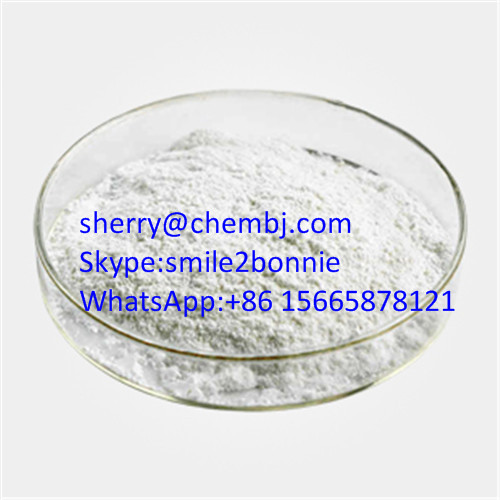| Message: | CAS 50-78-2 Aspirin/sherry@chembj.com
Product Name: Aspirin
Other Name: Acenterine,Acetard,Acetophen,Acetylsalicylic Acid
CAS: 50-78-2
EINECS: 200-064-1
MF: C9H8O4
MW: 180.16
Purity: 98%
MP: 136-140℃
BP: 321.4 ℃ at 760mmHg
Density: 1.35g/cm3
Grade: Pharmaceutical Grade
Appearance: White Crystalline Powder
Aspirin, also known as acetylsalicylic acid (ASA), is a medication, often used to treat pain, fever, and inflammation.Aspirin is also used long-term, at low doses, to help prevent heart attacks, strokes, and blood clot formation in people at high risk of developing blood clots. Low doses of aspirin may be given immediately after a heart attack to prevent clotting and reduce the risk of another heart attack or the death of heart tissue.Aspirin may be effective at preventing certain types of cancer, particularly colorectal cancer.
Aspirin is used in the treatment of a number of conditions, including fever, pain, rheumatic fever, and inflammatory diseases, such as rheumatoid arthritis, pericarditis, and Kawasaki disease.Lower doses of aspirin have also shown to reduce the risk of death from a heart attack, or the risk of stroke in some circumstances.There is some evidence that aspirin is effective at preventing colorectal cancer, though the mechanisms of this effect are unclear.
Function
1. Analgesic and antipyretic
2. Diminishing inflammation, rheumatism
3. Arthritis
4. Antithrombotic
5. Skin and mucous membrane lymph node syndrome
6. Prevention of digestive tract tumors
Side Effects
The main side effects of aspirin are gastric ulcers, stomach bleeding, and ringing in the ears, especially with higher doses. While daily aspirin can help prevent a clot-related stroke, it may increase risk of a bleeding stroke (hemorrhagic stroke).In children and adolescents, aspirin is not recommended for flu-like symptoms or viral illnesses, because of the risk of Reye's syndrome.
|
 my account
my account
 log out
log out
 my account
my account
 log out
log out
